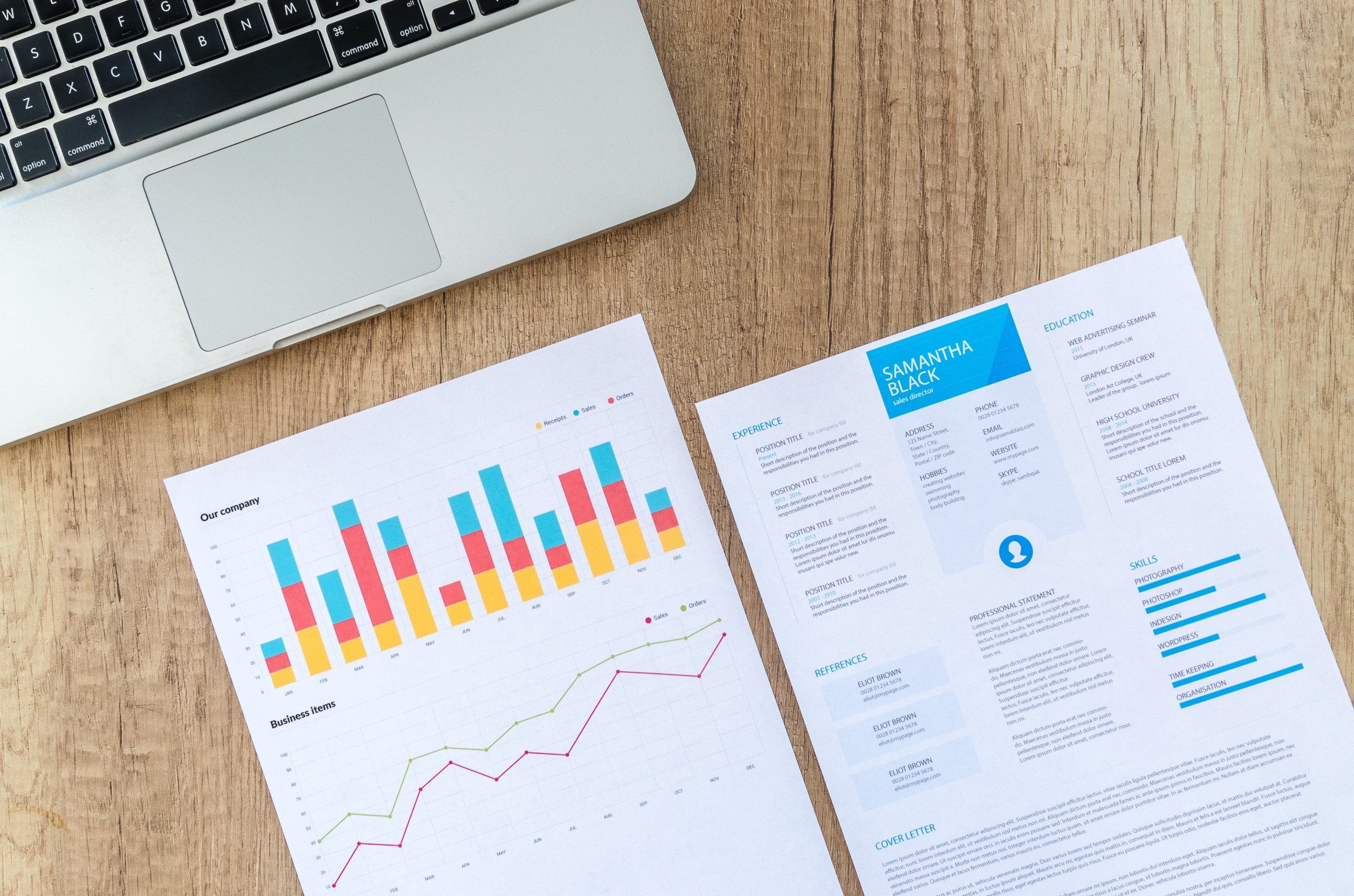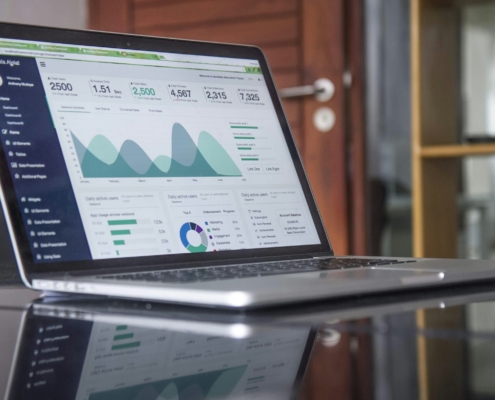45 SEO Ranking Factors That Matter in 2021
Table of Contents
45 SEO Ranking Factors That Matter in 2021
It is widely known that SEO is a dynamic facet of digital marketing.
It’s well known that Google is the most popular search engine, and any website positioned at number one gets the highest click-through rate of 34.6%. This is why Google ensures that the websites with the most valuable information are on the first page of results.
Google algorithms have never been publicly disclosed, which is why marketers are continually speculating the many factors that determine how the ranking works. Additionally, it is constantly updated and changed to ensure users achieve the best results. It is reported that there are over 200 SEO ranking factors that determine where a website sits, but which ones are most important in 2021?
Digital Channel as an SEO agency, have compiled an extensive list of Google algorithm ranking factors that are deemed relevant, backed by research, and Google has confirmed many of them.
SEO Ranking Factors
- Site Architecture
The optimised architecture enables Google to access and crawls your pages.
- SSL Certificate
A safe and secure website is well known for being a Google signal and improving your organic rankings.
- Location of Server
It’s long been suspected that the server’s location helps search engines understand who the content is most relevant.
- Scheme Markup
This code improves the way search engines read and represent your page.
- Usability
You may suffer in search engine rankings because if your site is challenging to use.
- Sitemap
Sitemaps contribute to improved organic search visibility. Read this article to know more about sitemap.
- Contact Information
It’s stated in Google’s Quality Rater Guidelines that contact information on your website significantly improves trustworthiness for search engines and users.
- Authentic & Valuable Insight
It’s a known fact that Google rewards websites provide insight for users, are unique and valuable.
- Reputation of Websites
Reviews of your website, especially on crowdsourcing platforms, have a role in earning trust and legitimacy for Googles algorithms.
- Mobile Usability
Google clearly states, “As more people use mobile devices to access the internet, our algorithms have to adapt to these usage patterns.”
- Page Categories
It’s believed by marketers that pages that appear in relevant categories can boost rankings.
Domain-Level SEO Ranking Components
- Country Code TLD
Relating to country or region, its strong signals to both user and search engines mean sit is a ranking factor.
- Domain Age
Studies have shown that established domains are easier to rank. Therefore age is a factor in ranking.
- Domain Keywords
Studies suggest that Google still uses keywords in the domain.
On-Page SEO Ranking
- Title Tags
As one of Google’s strongest relevancy signals, title tags need to optimised.
- H1 Tags
Keywords need to appear in H1 Tag and should be optimised.
- Keyword Density
Keyword density is still relevant and helps determine the purpose of a webpage.
- LSI Keywords
While Google hasn’t confirmed it, the presence and absence of LSI contribute to content ranking.
- Content-Length
Content length plays a significant role in ranking.
- Content Updates
Google favours websites that are regularly updated with fresh content, images and information.
- Quality Content
Potentially the most important is that the content is relevant, useful, with correct spelling and grammar.
- URL Structure
Search engines rely on URLs for authority, page purpose and relevancy.
- Original Content
Duplicate content can negatively impact the visibility of a website so keep the content original.
- Speed of Pages
Browsing should be quick and efficient, which is why page speed is a critical ranking component.
- Multimedia & Images
As a user enhanced experience, aesthetic appeal gives Google a better understanding of your content.
- Outbound Links
Irrelevant or too many links will decrease your page quality and, in turn, affect your ranking.
- Internal Links
“The context we pick up from internal linking is really important to us…” – John Mueller, Google.
- User-Friendly Formatting
Google has clearly stated that value is placed on search visibility and keeping users on your website with layout and format.
Off-Page Ranking
- Backlinks
Backlinks are one of the SEP factors to consider for ranking as they have strong relevancy.
- Linke Point to a Website
Too many spammy links can negatively impact your ranking in search engines.
- Relevance and Authority to Referring Domain
“We continued to protect the value of authoritative and relevant links as an important ranking signal for search.” Google.
- Anchor Text for Links
Google considers over-optimised and exact match anchor text to be spammy.
- Link Velocity
A high volume of links can harm search engine rankings.
- Nofollow Links
Used to combat spam, they play a role in a balanced backlink profile.
- Link Type
Contextual links are favoured by Google compared to directory links.
- Manual Actions
A penalty by Google is considered a manual action.
- Brand Signals
Mentions of brand show Google that your business is thriving and real.
- Google My Business
There is much reliance on information gained by Google My Business to determine ranking.
User Behaviour
- Click-Through Rate (CTR)
Google hasn’t confirmed CTR is a ranking factor, but we believe user interaction with the page is considered.
- User Reviews
Online user reviews influence Google’s ranking pages because they increase trust.
Social Ranking Factors
- Social Signals
The correlation between ranking position and social signals is high and is notable in high ranking sites.
Search Ranking Algorithm Nuances
- Geo-Targeting
Google search engines rely on geographical locations to show locally relevant results.
- Query Deserves Fresh Answers
While not explicitly favouring new content, newer content is likely to be indexed and ranked faster.
- Safe Search
Acting as a filter from inappropriate content is important for ranking and how it appears as a result.
- User Search History
While we can’t claim it’s a 100% certainty, it’s understood that a lot of data is collected from a user’s search experience.
If you have any question about SEO, you can get in touch with our SEO team to move forward.







